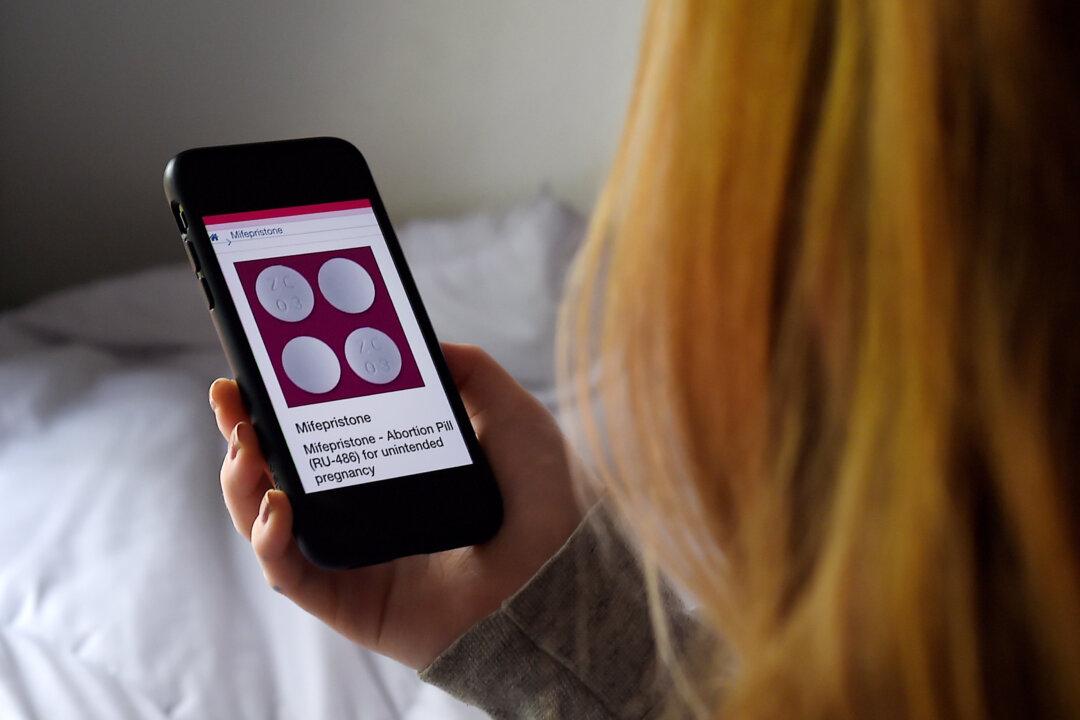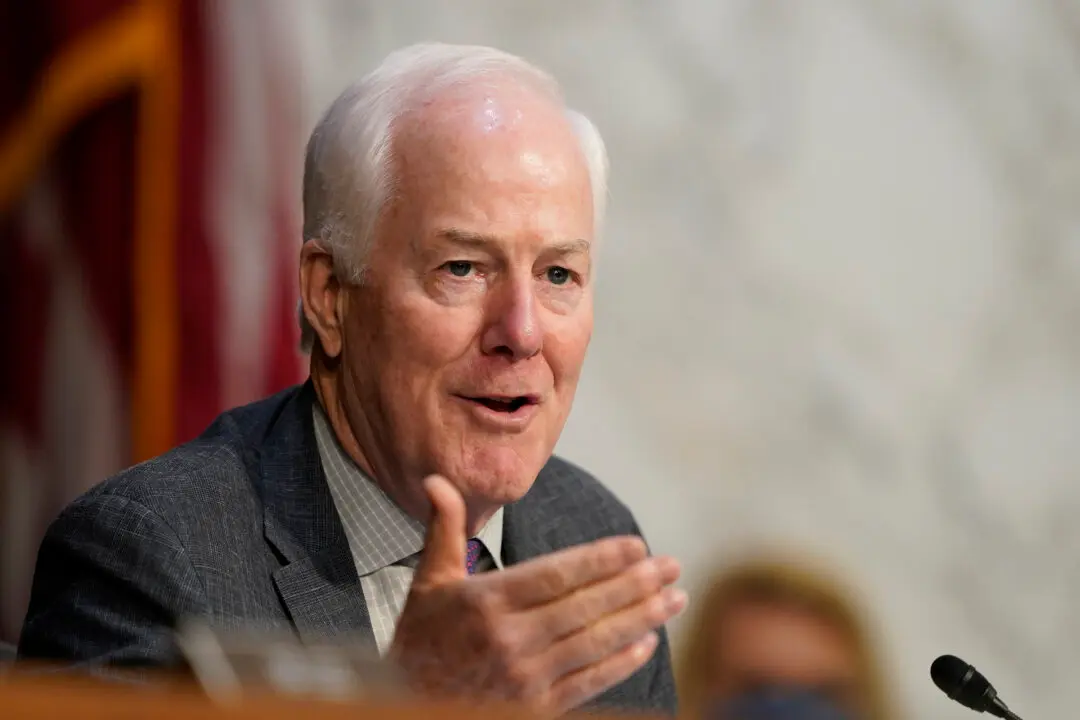So-called “pill fairies” have been smuggling abortion-inducing drugs from Mexico into states that have outlawed or restricted abortions—and pro-life groups, warning of dangers to women, are urging state and federal lawmakers to act.
Demand for these pills has surged since June, when the U.S. Supreme Court ruled there is no constitutional right to abortion.





